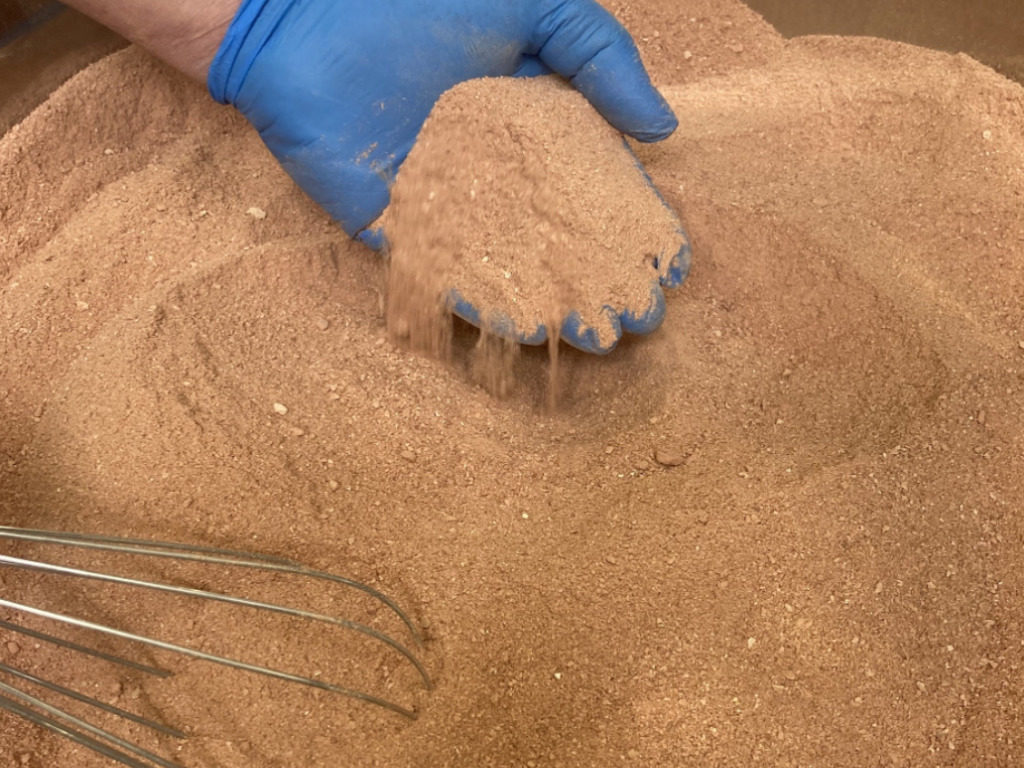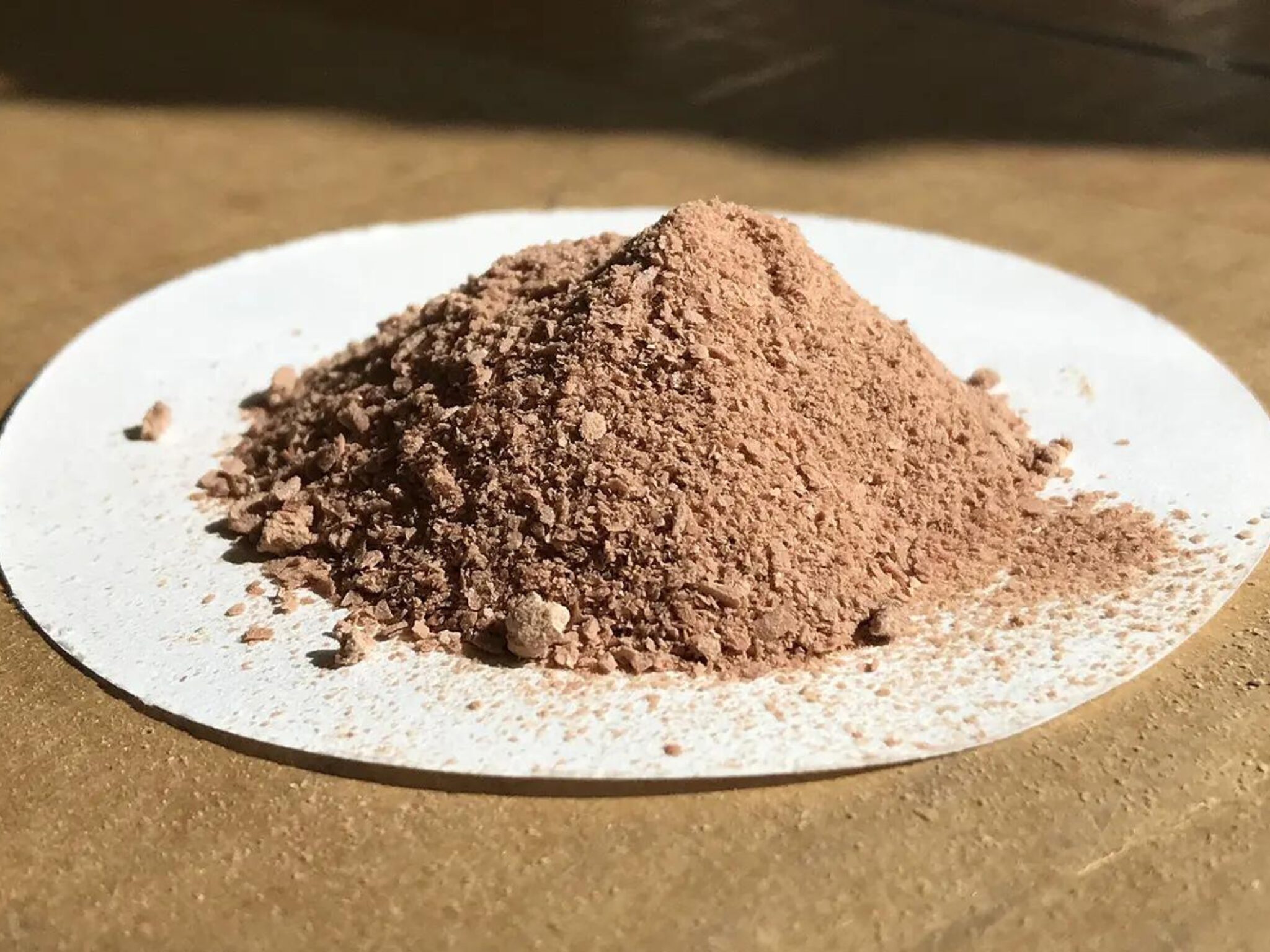NovoNutrients Closes $18M Series A to Make Protein from CO2 for People & Pets
4 Mins Read
US alternative protein startup NovoNutrients has raised $18M in a Series A funding round ahead of opening its pilot facility, with a renewed focus on humans and pets.
The $18M Series A round was led by Australia’s Woodside Energy and China’s CM Venture Capital, as reported by TechCrunch. It brings all-time investment into NovoNutrients to $27M.
The Californian startup uses microbial fermentation to turn carbon dioxide and hydrogen into protein. While it was initially targeting livestock and fish feed, the company has since added human nutrition to its scope of work as well. And now, it’s moving into the pet space too.
Pilot facility will serve as testbed for gas protein tech

Founded in 2017, NovoNutrients uses tailored microbial strains and feeds them on waste streams with different gas mixes. While it can use synthetic biology to improve the microorganisms’ stability and efficient for some products, for more natural offerings, it uses evolution instead.
“Our most relevant strain development is actually the fact that we are able to tailor the strains through natural, non-GMO means to the specific mixed gases that will be available at a particular partner site,” co-founder and CEO David Tze told TechCrunch.
NovoNutrients is among a number of gas fermentation companies, including Finland’s Solar Foods, California-based Air Protein, and Dutch startup Farmless.
But unlike these players, NovoNutrients isn’t using a big tank akin to those found in breweries. It instead relies on thinner looped cylinders, which lowers the amount of energy needed to mix the gases.
Operating a B2B model, NovoNutrients is currently building a pilot plant in the Bay Area, which will use much of the same equipment as a commercial-scale facility in the future. This would make it an important testing ground for its designs and microbial strains.
Expanding on the business model, Tze explained that the company’s financial plan relies on selling microbes as well as licences to build, operate and maintain the facilities. “We would also do marketing and business development for the products,” he added.
Tze believes the pilot facility can produce the data needed to convince investors that a commercial-scale fermenter is worth their money, with the goal of following a “capital-light” approach.
NovoNutrients taps into expanding pet food space

NovoNutrients has been in discussions with pet food manufacturers over the last year, opening up a new potential market for the startup.
“In part, this has been a reaction to the widespread, decreased confidence and interest in alternative proteins for people,” said Tze. “On the other hand, it’s that the pet food sector has been faster to recognise the benefits of alternative protein.”
A five-country survey of 2,500 pet owners this year found that 80% of respondents factor in sustainability when choosing food for their pets, and over half considering plant-based proteins for their climate credentials.
“There are parts of the market where there’s a significant willingness to pay for ingredients including, but not limited to, hypoallergenic,” added Tze.
Alternative pet food has been making the waves recently, whether it’s in the form of positive health studies, funding rounds or regulatory progress. For example, UK startup Meatly is expecting to put its cultivated chicken for cats on shelves imminently.
“Everyone kind of wants to move to a more sustainable food system. Everyone wants healthy food for themselves and their pets. And I think the trends in alternative proteins – and cultivated meat in particular – fit with that perfectly,” Meatly CEO Owen Ensor told Green Queen in a recent interview.
Touching upon the challenges of the alternative pet food sector, The Pack co-founder and CEO Damien Clarkson suggested that the investment decline in the plant-based sector has “made accessing capital for the vast majority of plant-based pet food startups more challenging”. “This is despite all the big pet food companies having a huge commitment to sustainability and a diversification of protein sources,” he told Green Queen.
Explaining how players in this space can succeed, he added: “Alt-protein pet food companies need to operate more like pet food businesses, and less like challenger plant-based startup brands.”



